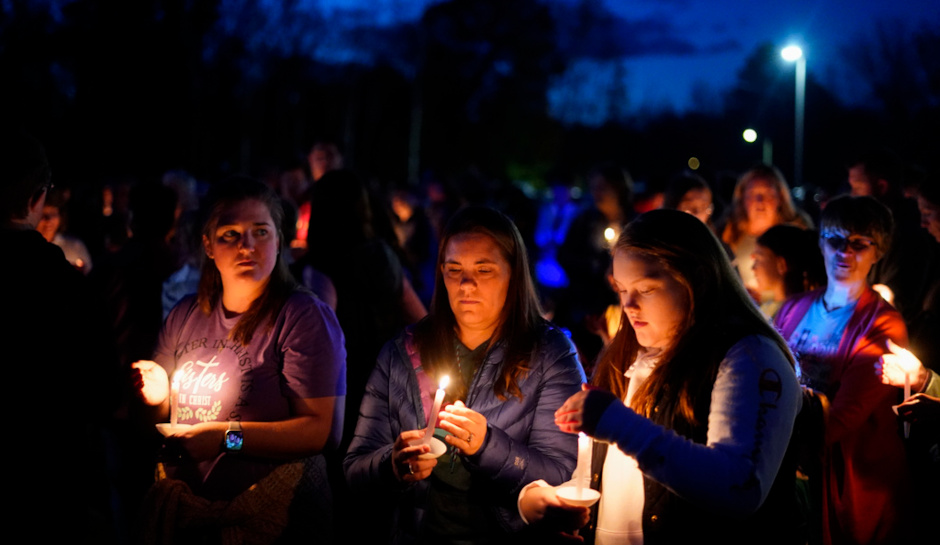A Maine county sheriff says he sent an awareness alert to all law enforcement agencies in the state in September after the Army Reserve tipped his department about Robert Card’s threats against his base and fellow soldiers, but deputies were unable to find him.
Card, 40, was found dead Friday night from a self-inflicted gunshot wound, two days after he shot dead 18 people in two locations in Lewiston and wounded 13 others, as CrimeOnline reported.
Sagadahoc County Sheriff Joel Merry told The Associated Press he sent deputies to Card’s Bowdoin home, but they came back empty-handed, prompting him to send out the statewide alert.
“We couldn’t locate him,” Merry said, adding that he didn’t remember if there was any follow-up because “I don’t have any reports in front of me.”
Jack Clements, police chief in Saco, where the Army Reserve base is located, told the AP that his department “added extra patrols” for about two weeks but “the guy never showed up.”

He said the alert Merry sent out was just some “generic thing that came out saying, hey, you know, we’ve had some report that this guy’s made some veiled threats” and that his department was never notified of a problem by the base.
Military officials declined to confirm whether the tip sent to Sagadahoc County was new or related to the threats Card reportedly made at a training exercise in New York state in July. Those threats landed Card in a mental health facility for two weeks.
The New York State Police was called to the training site near West Point on July 16 by commanders of the Army Reserve’s 304th Infantry Regiment who were concerned about Card’s erratic behavior and “threats to other members of his military unit” during the training exercise, according to a state police document obtained by the AP. Troopers took Card to the Keller Army Community Hospital at West Point, where he remained for two weeks.
The state police did not respond to the AP’s request for reports or possible body camera footage on the incident. The agency did say it was “an active investigation” in a statement on Friday, before Card was found dead. A spokesman declined to comment on Saturday.
The FBI told the AP that it neither had nor received any tips about Card prior to the massacres he carried out Wednesday night. The agency said that it’s instant background check system “was not provided with or in possession of any information that would have prohibited Card from a lawful firearm purchase.”
Maine does not have a red flag law that would allow law enforcement to remove firearms from someone who is deemed a clear threat. It does have a more limited “yellow flag” law, which allows police to petition a judge to remove firearms if medical personnel deem someone a threat.
Maine officials said that Card legally bought all his weapons, include some he bought within days of carrying out the massacre at Lewiston’s Just-In-Time Recreation bowling alley and Schemengees Bar & Grill. A long rifle was found inside his vehicle, which he abandoned at a boat ramp after the shootings. Two more guns were found with his body, inside a box trailer near a recycling center about a mile from the boat ramp.
For the latest true crime and justice news, subscribe to the ‘Crime Stories with Nancy Grace’ podcast.
[Featured image: Trailers are seen in a parking lot at a recycling facility where law enforcement found the body of Robert Card, the suspect in this week’s mass shootings in Lisbon Falls, Maine. (AP Photo/Robert F. Bukaty)]


